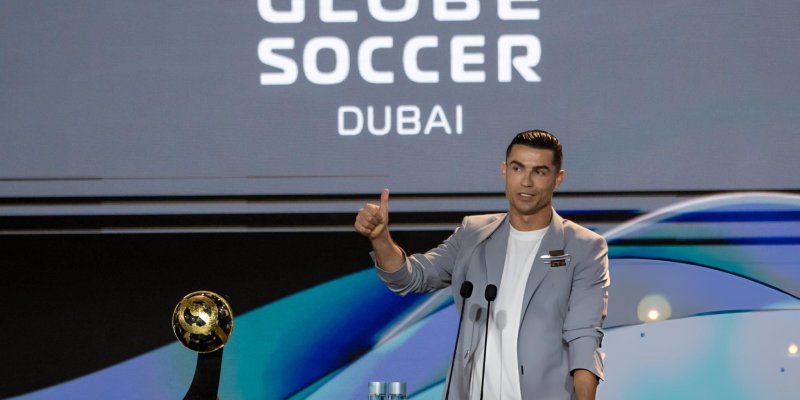
A story where sporting fame intersects with tax law. The mother of PSG and France national team winger Ousmane Dembélé is trying to prove that a €200,000 transfer sent by her son in 2017 for her 40th birthday was a gift rather than income. The French fiscal authorities disagree, and the dispute has now reached the courts.
The Trigger for the Case: €200,000 for a Milestone Birthday
Fatimata Dembélé filed a petition with the Administrative Court of Rennes, seeking to overturn the tax assessed on a transfer that arrived six months after her birthday. According to the applicant, the money was celebratory in nature and should not be taxed as income. The tax authority, however, classified the sum as taxable, which automatically led to an additional payment for 2017 — including the exceptional contribution on high incomes, social charges, and penalties.
Defense Arguments: 'Significant Event' and 'Proportionality'

Fatimata Dembélé is represented by lawyer Hubert Lefèvre. The defense maintains that the issue hinges on statutory interpretation: for a transfer to qualify as a gift, two criteria matter. First, proportionality to the donor’s income; second, a clear link to a significant life event. A round-number date — a 40th birthday — fits that rationale. On this understanding, the family did not declare the transfer in 2017, believing it to be a permitted gift rather than income. The defense stresses there was no intent to evade taxes.
Prosecutor's Position: Lawfulness of the Back-Assessments
At the hearing, the prosecution countered that the additional assessment was made during an audit and complies with the law. It was also noted that at the time, the recipient worked for a company handling the footballer’s image rights, that the disputed transfer was made six months after the birthday, and that it went to an undeclared account in a Spanish bank. In the prosecution’s view, these details support classifying the amount as income rather than an 'ordinary' gift.
Where the Line Between Gift and Income Is Drawn

Cases like this often revolve around a fine line. On the one hand, the legal framework allows gifts for special occasions — provided they are moderate relative to the donor’s income and clearly tied to the event. On the other hand, there is a risk that the notion of a 'gift' substitutes for payments that should be taxed. In such disputes, not only intentions matter, but also factual circumstances: transfer dates, their regularity, the nature of accounts and jurisdictions, as well as business relations between sender and recipient.
Why the Case Matters Beyond the Courtroom
When it comes to footballers at national-team and elite-club level, any financial episode inevitably draws public attention. In professional sport — where salaries, bonuses, and income from image rights are tightly interwoven — decisions like this shape practice: where a 'gesture of good will' ends and taxable income begins. The case also underscored the importance of properly declaring foreign accounts and the timing of transactions — nuances that often remain 'behind the scenes' of sports coverage.
What Comes Next: Awaiting the Verdict

No final point has been put yet: a decision by the Administrative Court of Rennes is expected in the coming weeks. It will determine whether the transfer retains the status of income with associated charges, or whether the court accepts the defense’s position and recognizes the transaction as a gift linked to a significant event. Whatever the outcome, the story already serves as a stark reminder to athletes and their families: a generous gift can turn into a complex legal task if the requirements of fiscal law are not considered in time.








